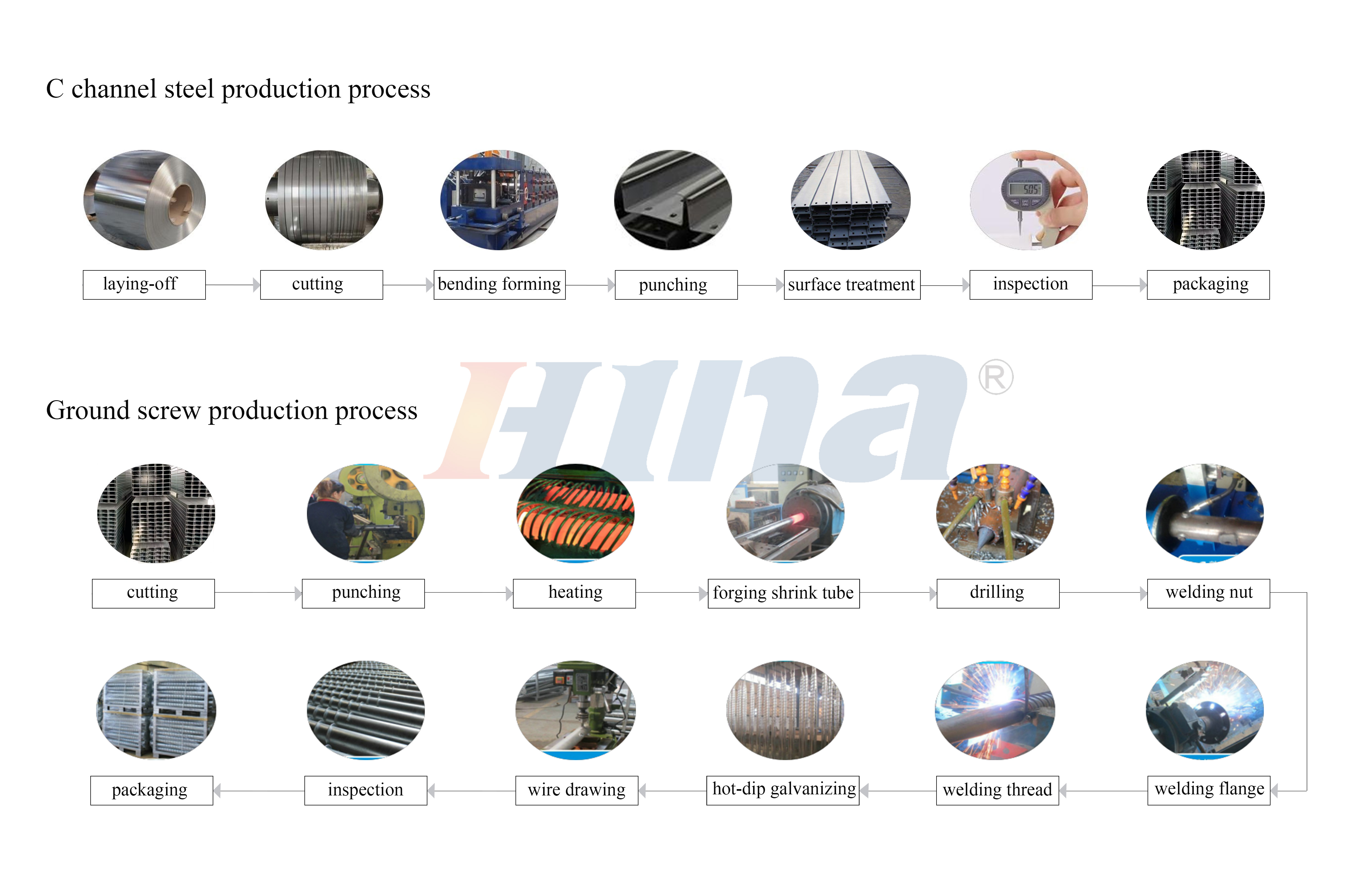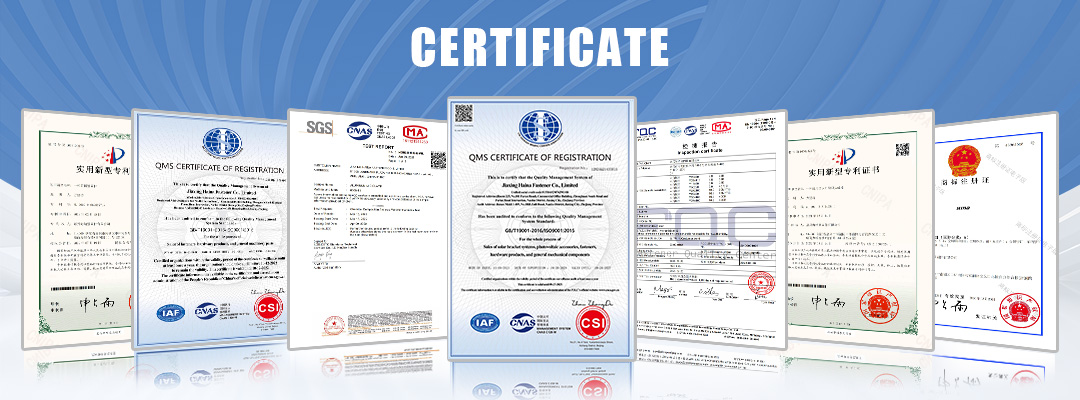- All
- Product Name
- Product Keyword
- Product Model
- Product Summary
- Product Description
- Multi Field Search
| Availability: | |
|---|---|
| Quantity: | |






customized
HINA
HINA2024122708
Aluminum Profile refers to aluminum alloy profiles produced through an extrusion process, which come in various shapes and cross-sections. They are widely used in industries such as construction, machinery, automotive, electronics, and solar energy. Aluminum profiles are known for their lightweight, high strength, corrosion resistance, good machinability, and recyclability.

Lightweight and Strong: Aluminum profiles have a low density, making them lightweight, but they maintain high strength, meeting various engineering requirements while reducing transportation and installation costs.
Corrosion Resistance: Aluminum alloys have excellent corrosion resistance, especially when anodized, allowing them to maintain a long service life in various environmental conditions such as humidity, salt mist, and UV exposure.
Good Machinability: Aluminum profiles are easy to cut, drill, weld, and surface-treat. They can be customized according to specific needs, adapting to different structural and design requirements.
Recyclability: Aluminum is 100% recyclable, making it an environmentally friendly material. Recycling aluminum profiles saves energy and resources.
Aesthetic Appeal: Aluminum profiles can undergo various surface treatments, such as powder coating, anodizing, and electrophoresis, to achieve different colors and finishes, offering high aesthetic value.
Construction Industry: Aluminum profiles are widely used in window and door frames, curtain walls, railings, roofs, and facades in building structures. Due to their lightweight, strength, and modern appearance, they are commonly found in high-rise and commercial buildings.
Machinery and Equipment: Aluminum profiles are used in industrial equipment, frames, brackets, and conveyor systems, offering good load-bearing capacity and flexibility, making them suitable for manufacturing and assembling various types of machinery.
Automotive and Transportation: Aluminum profiles are widely used in the automotive, aerospace, and rail transport industries to manufacture vehicle bodies, frames, and components, helping reduce weight and improve efficiency.
Solar Mounting Systems: In the solar industry, aluminum profiles are commonly used as part of the racking system to support solar panels. Their excellent weather resistance and long-term stability make them ideal for such applications.
Electronics: In electronic products, aluminum profiles are used for heat sinks, casings, and frames, helping improve heat dissipation and protect internal components.
Haina is committed to providing you with high-quality stainless steel standard fastener services. We have a large number of stocks, with sizes ranging from M5 to M20 and lengths from 10 to 200MM to meet your different needs. We provide you with free samples so that you can fully understand the product quality before purchasing. At the same time, we also provide authoritative 3.1 test reports to ensure that the products meet high standards. In addition, we support video factory inspections, so that you can remotely and intuitively understand our production environment and strength. Choosing Haina means choosing professional and reliable fastener services.

Can aluminum rails be used in different climatic conditions?
Yes, aluminum rails are suitable for use in a variety of climatic conditions, including extreme temperatures and humid environments. The corrosion-resistant properties of aluminum ensure they remain stable even in salty or high-humidity environments.
What is the lifespan of aluminum rails?
With proper environmental conditions, the lifespan of aluminum rails is typically over 20 years, especially if they are anodized, which helps prevent corrosion and wear.
Aluminum Profile refers to aluminum alloy profiles produced through an extrusion process, which come in various shapes and cross-sections. They are widely used in industries such as construction, machinery, automotive, electronics, and solar energy. Aluminum profiles are known for their lightweight, high strength, corrosion resistance, good machinability, and recyclability.

Lightweight and Strong: Aluminum profiles have a low density, making them lightweight, but they maintain high strength, meeting various engineering requirements while reducing transportation and installation costs.
Corrosion Resistance: Aluminum alloys have excellent corrosion resistance, especially when anodized, allowing them to maintain a long service life in various environmental conditions such as humidity, salt mist, and UV exposure.
Good Machinability: Aluminum profiles are easy to cut, drill, weld, and surface-treat. They can be customized according to specific needs, adapting to different structural and design requirements.
Recyclability: Aluminum is 100% recyclable, making it an environmentally friendly material. Recycling aluminum profiles saves energy and resources.
Aesthetic Appeal: Aluminum profiles can undergo various surface treatments, such as powder coating, anodizing, and electrophoresis, to achieve different colors and finishes, offering high aesthetic value.
Construction Industry: Aluminum profiles are widely used in window and door frames, curtain walls, railings, roofs, and facades in building structures. Due to their lightweight, strength, and modern appearance, they are commonly found in high-rise and commercial buildings.
Machinery and Equipment: Aluminum profiles are used in industrial equipment, frames, brackets, and conveyor systems, offering good load-bearing capacity and flexibility, making them suitable for manufacturing and assembling various types of machinery.
Automotive and Transportation: Aluminum profiles are widely used in the automotive, aerospace, and rail transport industries to manufacture vehicle bodies, frames, and components, helping reduce weight and improve efficiency.
Solar Mounting Systems: In the solar industry, aluminum profiles are commonly used as part of the racking system to support solar panels. Their excellent weather resistance and long-term stability make them ideal for such applications.
Electronics: In electronic products, aluminum profiles are used for heat sinks, casings, and frames, helping improve heat dissipation and protect internal components.
Haina is committed to providing you with high-quality stainless steel standard fastener services. We have a large number of stocks, with sizes ranging from M5 to M20 and lengths from 10 to 200MM to meet your different needs. We provide you with free samples so that you can fully understand the product quality before purchasing. At the same time, we also provide authoritative 3.1 test reports to ensure that the products meet high standards. In addition, we support video factory inspections, so that you can remotely and intuitively understand our production environment and strength. Choosing Haina means choosing professional and reliable fastener services.

Can aluminum rails be used in different climatic conditions?
Yes, aluminum rails are suitable for use in a variety of climatic conditions, including extreme temperatures and humid environments. The corrosion-resistant properties of aluminum ensure they remain stable even in salty or high-humidity environments.
What is the lifespan of aluminum rails?
With proper environmental conditions, the lifespan of aluminum rails is typically over 20 years, especially if they are anodized, which helps prevent corrosion and wear.